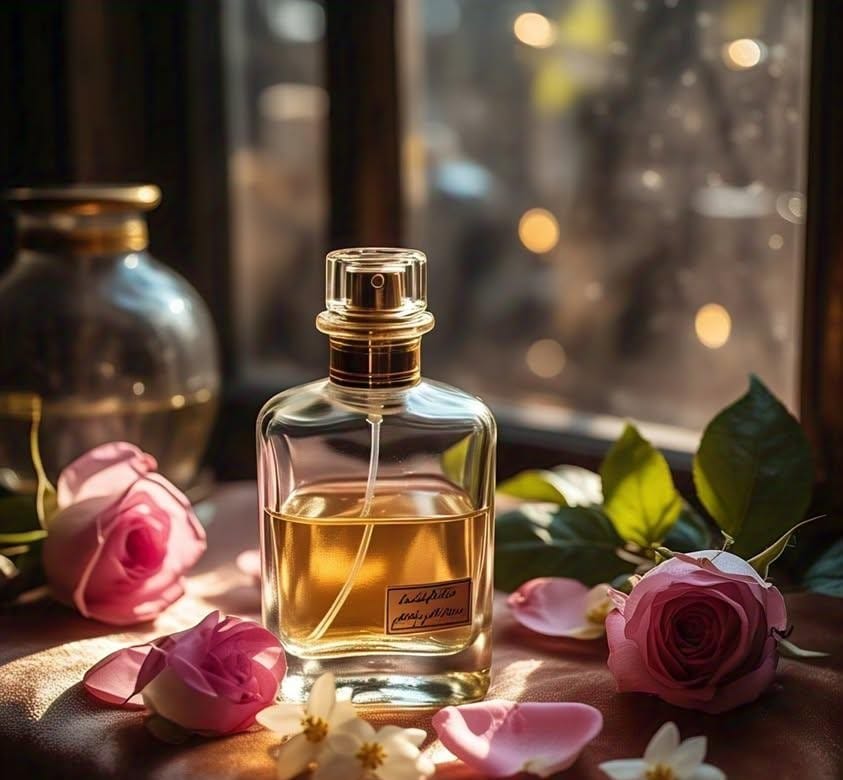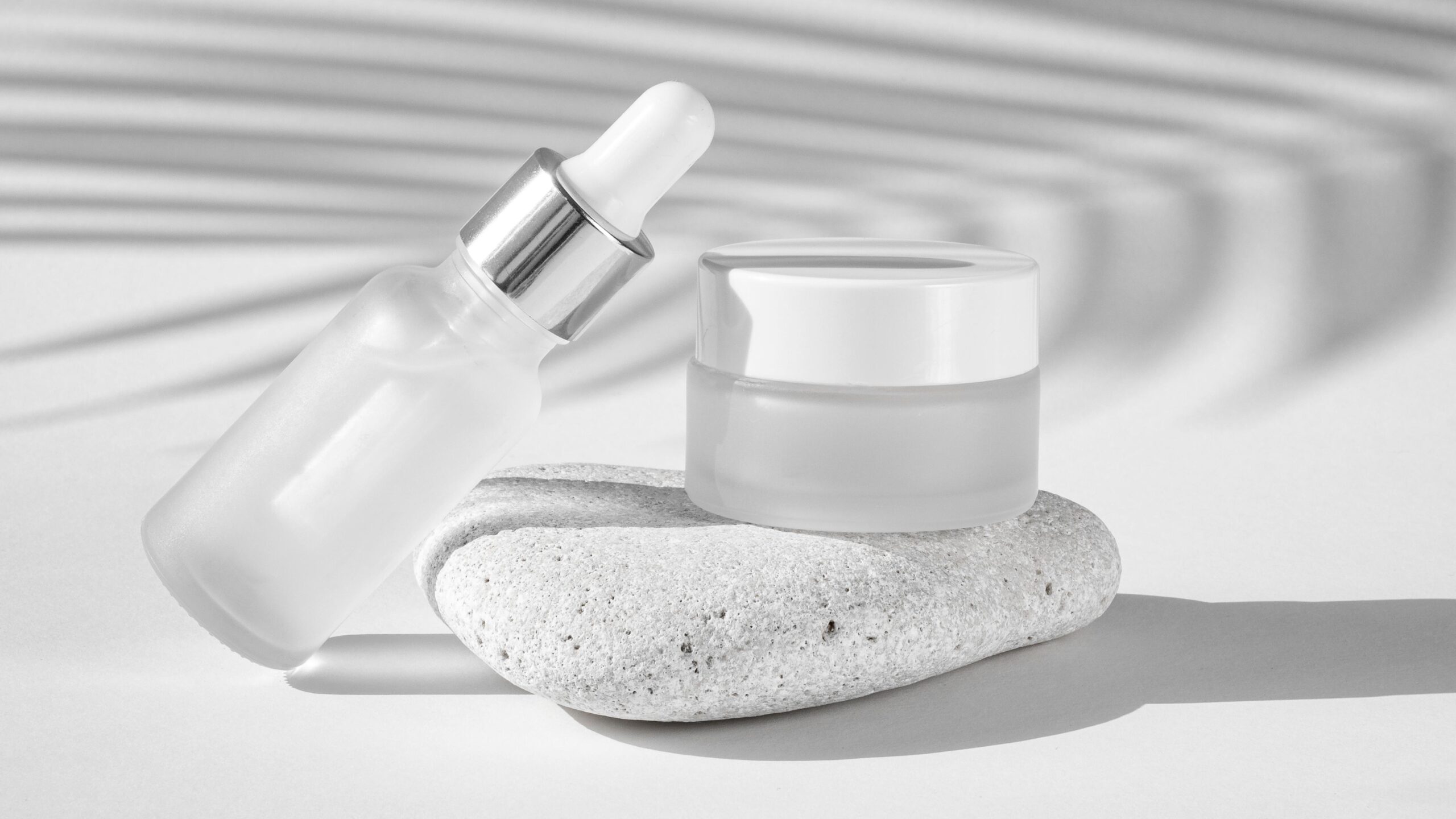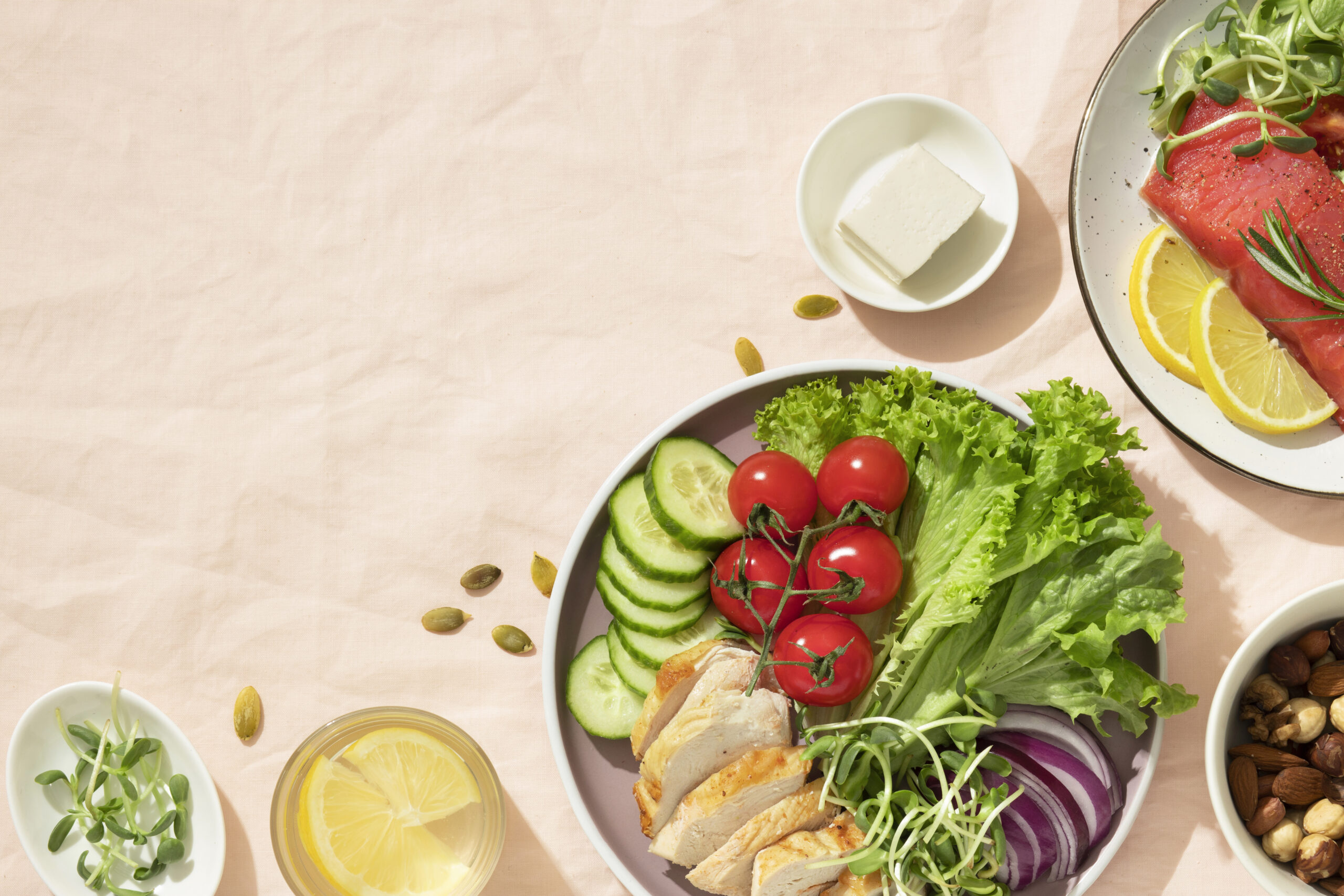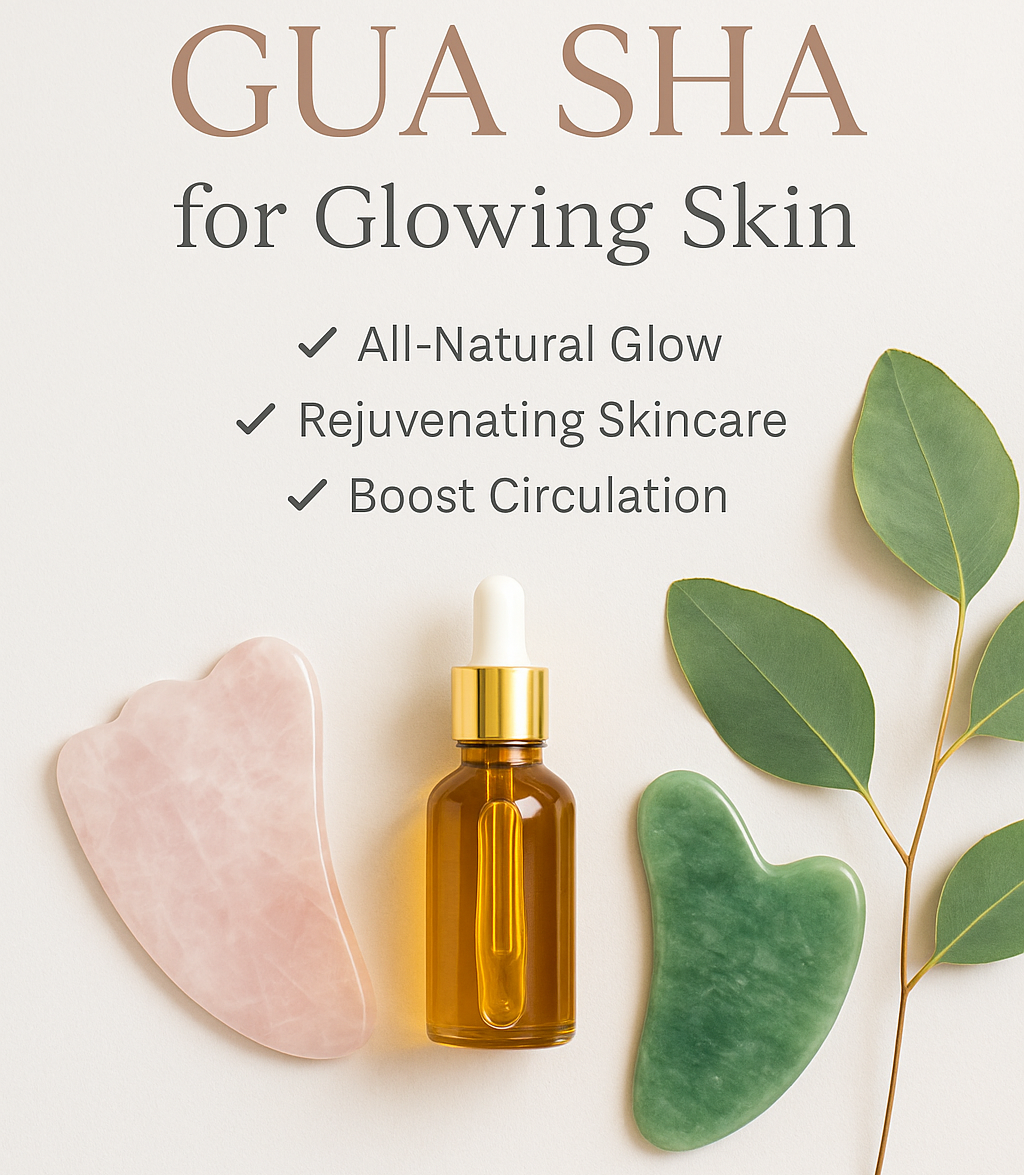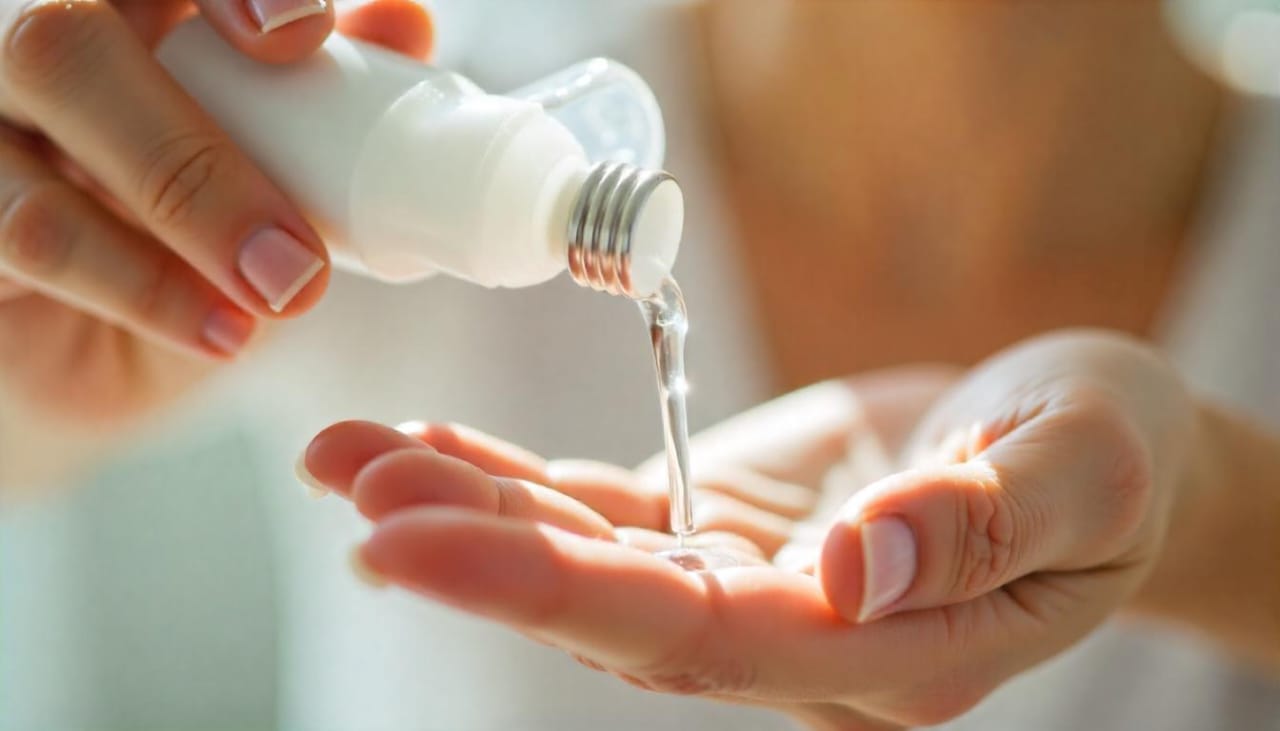A Fragrant Revolution: Why Natural Perfumes Are the New Luxury
In 2025, the perfume industry is undergoing a fragrant revolution—one that’s clean, green, and deeply personal. Natural perfumes are no longer just a niche for eco-conscious shoppers; they’ve blossomed into a sophisticated trend that’s captivating the hearts of mainstream consumers. With growing awareness about the effects of synthetic fragrances on both health and the environment, people are now seeking alternatives that not only smell divine but also align with their values. These natural perfumes are crafted from essential oils, botanical extracts, and plant-based ingredients, offering complex, layered scents without the use of artificial chemicals or preservatives. They tell a story—one of purity, craftsmanship, and connection to the earth. And in 2025, these stories are taking center stage in the world of luxury fragrance.
The Rise of Artisan Perfumeries: Where Nature Meets Artistry
One of the most exciting developments in the natural perfume scene is the rise of small, artisan perfumeries that focus on sustainable sourcing, ethical production, and hand-blended formulas. These brands are redefining what it means to wear a signature scent. Instead of mass-produced, overly commercialized fragrances, consumers are gravitating toward perfumes made with love and intention—where every bottle feels like a bespoke piece of art. Labels like Abel Odor, Heretic Parfum, and Floral Street are leading the charge, offering collections that blend rare plant essences with a deep respect for the environment. Their scents are gender-neutral, skin-friendly, and uniquely expressive, allowing wearers to truly connect with the fragrance on a personal level. These artisan brands aren’t just selling perfume—they’re selling an experience, a lifestyle, and a philosophy that’s rooted in nature.
What Makes a Perfume Truly “Natural”?
In a market filled with greenwashing, it’s important to understand what sets natural perfumes apart. True natural perfumes are formulated without synthetic fragrance oils, phthalates, parabens, or artificial colorants. They are composed entirely of ingredients derived from natural sources—think steam-distilled rose petals, cold-pressed citrus peels, or resin from ancient trees. The perfumers behind these blends use age-old techniques to extract the heart and soul of botanicals, resulting in scents that evolve beautifully on the skin and interact uniquely with each person’s body chemistry. The result? A perfume that doesn’t just smell good but feels alive. Unlike synthetic perfumes that can feel static or overpowering, natural perfumes breathe, shift, and bloom throughout the day, creating a more intimate and sensual olfactory experience.
The Must-Have Natural Perfumes of 2025
Several standout natural perfumes are capturing the spotlight this year, each with its own story and essence. “Midnight Jasmine” by Lurk is a romantic, sultry scent that captures the intoxicating aroma of night-blooming flowers. Its notes of jasmine, neroli, and sandalwood create a warm and hypnotic fragrance that’s perfect for evenings out. “Earthly Muse” by Sigil Scent is another top contender, blending vetiver, palo santo, and lavender into a grounding, meditative perfume that calms the spirit. For those who love a brighter, more uplifting profile, “Citrus Grove” by Maison Louis Marie brings together blood orange, grapefruit, and bergamot in a zesty bouquet that feels like sunshine in a bottle. These perfumes are not just about scent—they’re about mood, energy, and self-expression, making them perfect for a year focused on authenticity and mindful living.
Sustainability is More Than a Trend—It’s the Future
What makes these natural perfumes even more appealing is the growing commitment to sustainability in the industry. Many brands are embracing zero-waste packaging, refillable bottles, and carbon-neutral shipping methods to reduce their environmental impact. Ingredients are being ethically harvested, often through fair-trade partnerships that support small farmers and indigenous communities. This conscious approach is redefining what luxury means in 2025—shifting it from excess and opulence to transparency, responsibility, and connection to the planet. When you wear a natural perfume, you’re not just wearing a scent—you’re supporting a movement toward a healthier, more harmonious world.
Final Thoughts: The Scent of the Future is Rooted in Nature
The best natural perfumes of 2025 are more than just beautiful blends—they’re symbols of a changing world. In an era where consumers are seeking deeper meaning in every purchase, these fragrances offer a way to celebrate nature, support ethical practices, and indulge in a more personal kind of luxury. Whether you’re drawn to earthy, grounding scents or light, floral compositions, there’s a natural perfume waiting to become your new signature. As this fragrant movement continues to grow, it’s clear that the future of perfumery is not only green but glorious.

